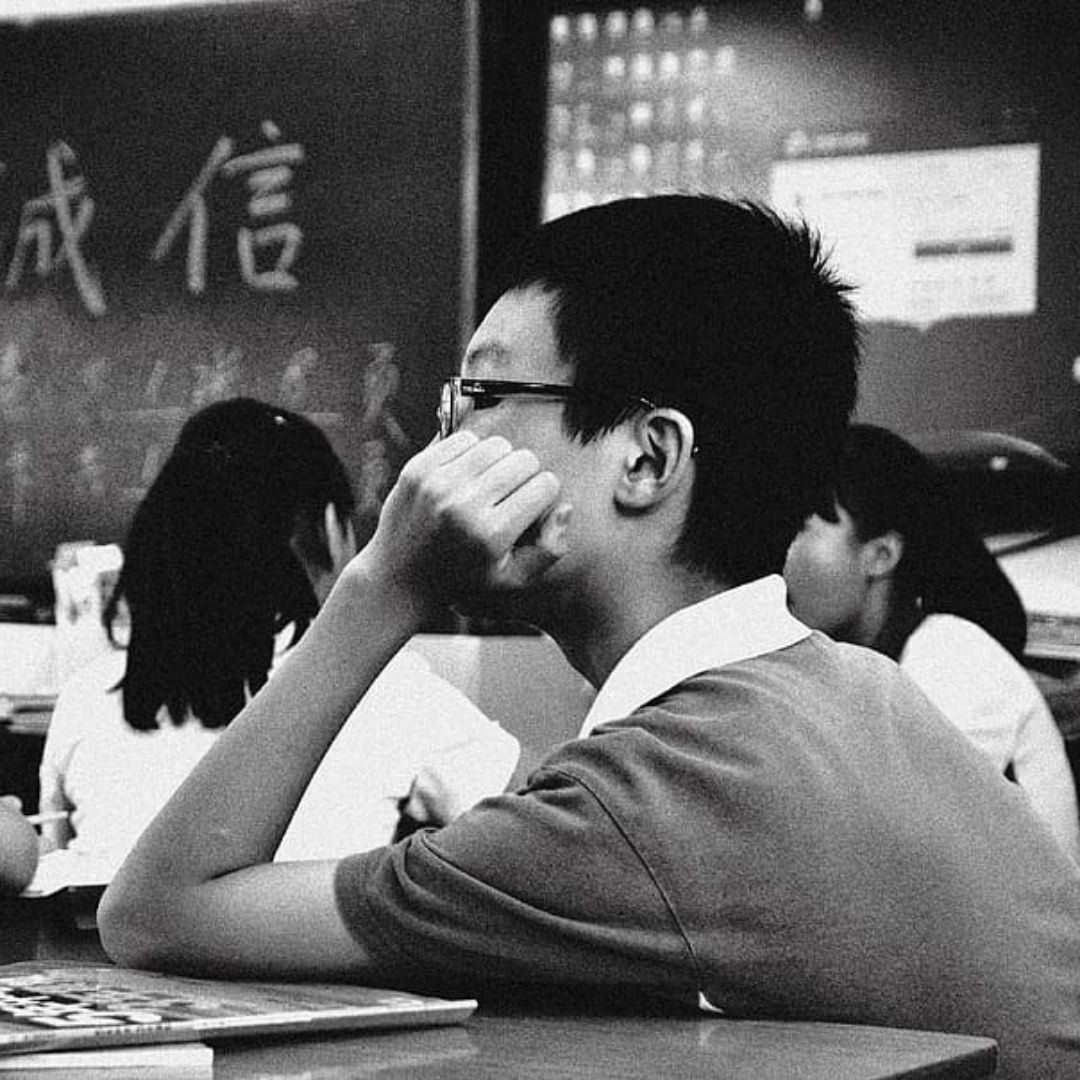
Image Credit: Pxfuel
Alarming! One In Four Children Suffer From Depression, Says WHO
Writer: Ratika Rana
Her primary objective is to inform, promote, educate and cultivate readers through writing.
India, 19 Nov 2021 7:31 AM GMT
Editor : Ankita Singh |
A literature lover who likes delving deeper into a wide range of societal issues and expresses her opinions about the same. Keeps looking for best-read recommendations while enjoying her coffee and tea.
Creatives : Ratika Rana
Her primary objective is to inform, promote, educate and cultivate readers through writing.
The report, titled 'Mental Health Status of Adolescents in South-East Asia: Evidence for Action', mentioned that the suicide rate per 1 lakh people in India was a staggering 35.5 per cent.
Mental health is one of the most problematic consequences of contemporary times, especially if the victims are youngsters. The global health watchdog, the World Health Organization (WHO), published a study mentioning that one in four children in India aged 13 to 15 years suffer from depression.
The disease affects over 86 million people in the South-East Asian region. WHO also informed that India had the highest suicide rate among ten countries in the same area. Moreover, the World Happiness Report also showed a dip of 25 per cent by ranking India at 139 out of 156 countries.
Rising Mental Health Issues In Adolescents
The report, titled 'Mental Health Status of Adolescents in South-East Asia: Evidence for Action', mentioned that the suicide rate per 1 lakh people in India was a staggering 35.5 percent. The same rate in other South Asian countries like Indonesia was 3.8 per cent and 25.8 per cent in Nepal. Depression is the second-highest cause of death in the age group of 15 to 29 years. Globally, one in seven 10-19-year-olds experiences a mental disorder, accounting for 13% of this age group's global burden of disease.
Depression, anxiety and behavioural disorders are among the leading causes of illness and disability among adolescents. The consequences of failing to address adolescent mental health conditions extend to adulthood, impairing physical and psychological health.
Adolescence is one of the most crucial phases of one's life, in which one develops social and emotional habits. Inculcating habits like regular exercise, good sleeping patterns and periodic involvement in problem-solving activities also contribute to one's physical and mental well-being. A protective, encouraging and supportive environment at school and home largely contribute to healthy mental health. Adolescents who have grown up in difficult environments at home and have seen troubled childhoods are at a greater risk of incurring mental health issues.
UNICEF's Warning
The pandemic has further aggravated the mental health crisis! The United Nations Children's Fund (UNICEF) warned in its flagship report that children and young adults in India would suffer from the COVID-19 impact on their mental health for years to come. The global report by UNICEF mentioned, "Children in India have been through a challenging time living through the risks and restrictions posed by the pandemic. Nothing could have prepared them for the onslaught of the second pandemic wave that hit India earlier this year. Children witnessed suffering and uncertainties that no child should have to see. Being away from family, friends, classrooms and play caused isolation and anxiety. Children have not only been living an emotional tragedy, but many are also at a higher risk of neglect and abuse," said UNICEF India Representative Dr Yasmin Ali Haque. She further mentioned that what we knew of the mental health pandemic was just the tip of the iceberg.
What Could Be Done?
The closing of schools and educational institutes limited the avenues for children to step out of home and explore opportunities. While, on the one hand, India is fortunate to have most of the population as the youth, the possibility of arising mental health concerns among the youngsters is grave. In India, we need to come together to wholeheartedly accept people facing issues like depression and anxiety, amongst others. After all, about 14 per cent of the Indian population suffers from mental health ailments, which includes 45.7 million people who suffer from depressive disorders and 49 million from anxiety disorders.
Also Read: Heart-Wrenching! 3-Year-Old Elephant Dies After Chewing On A Live Wire
 All section
All section














